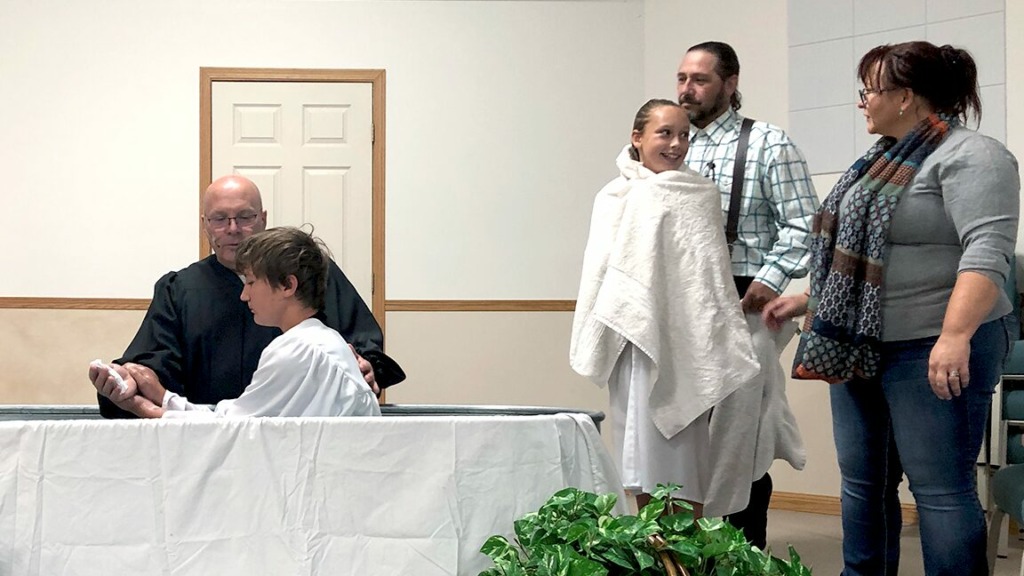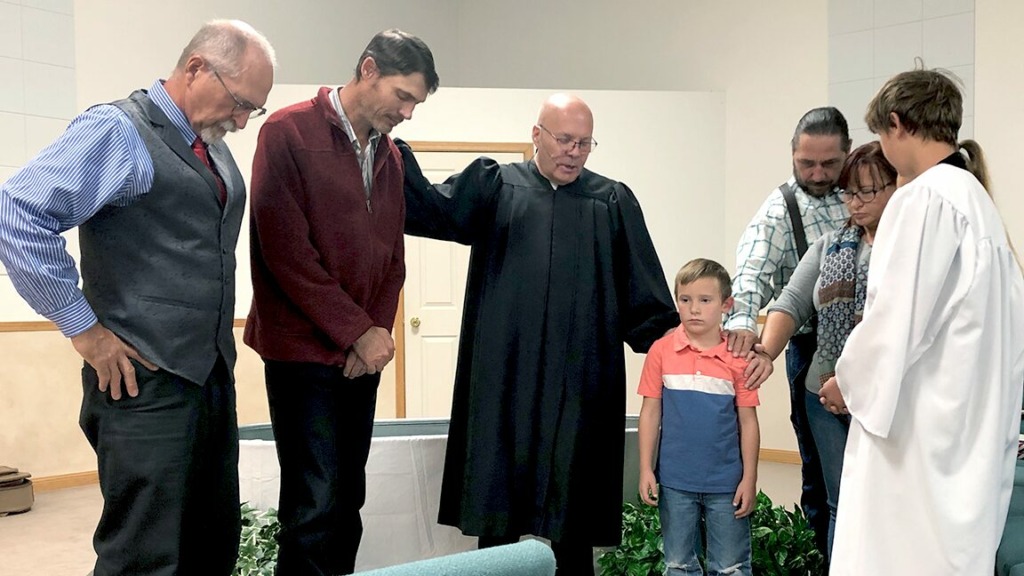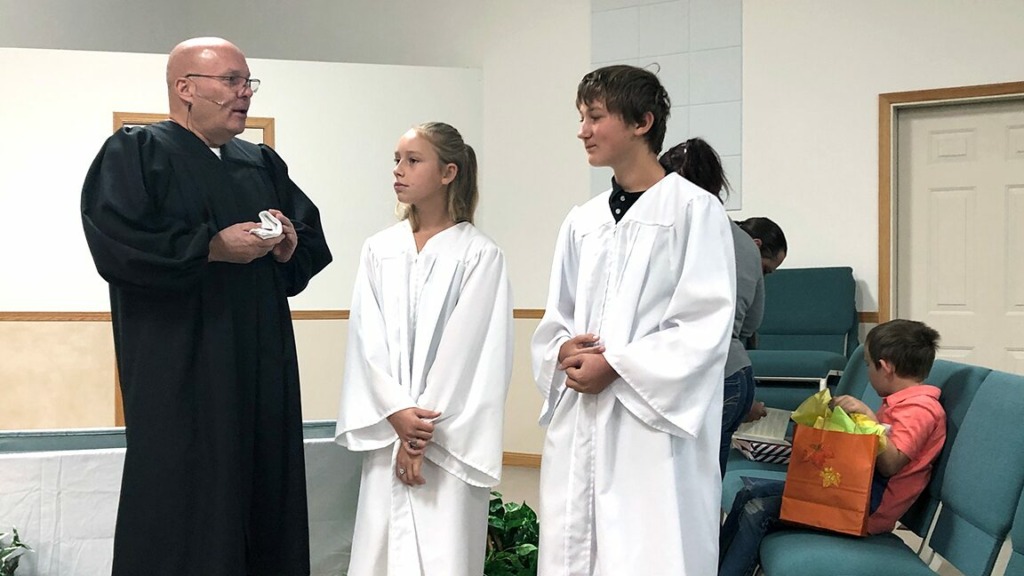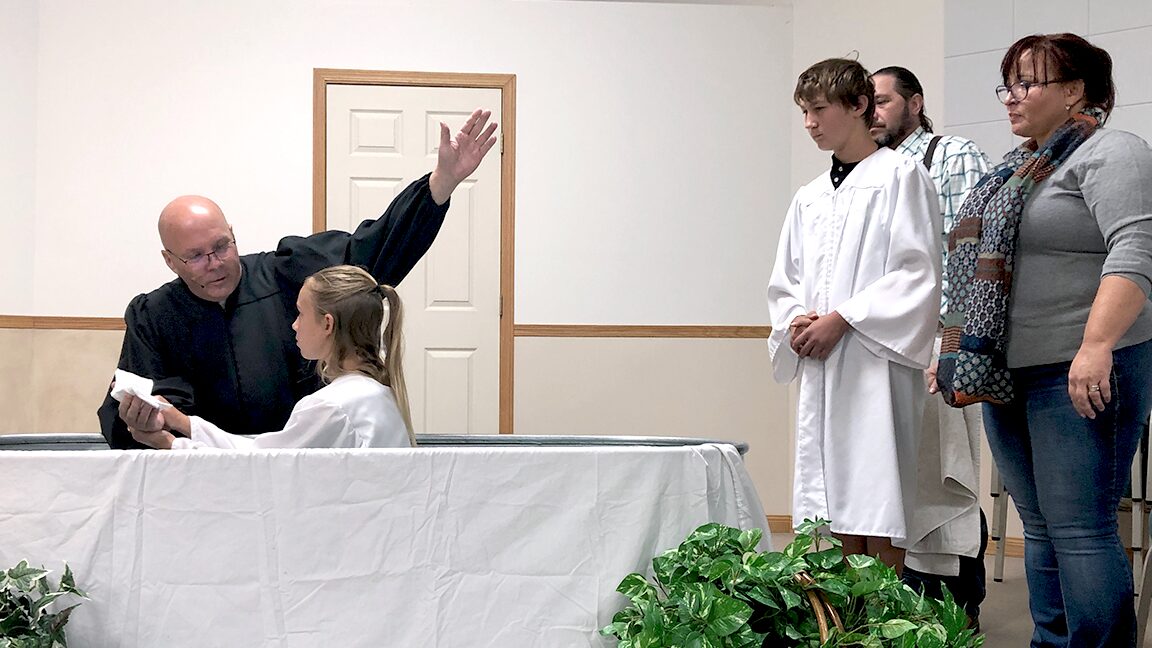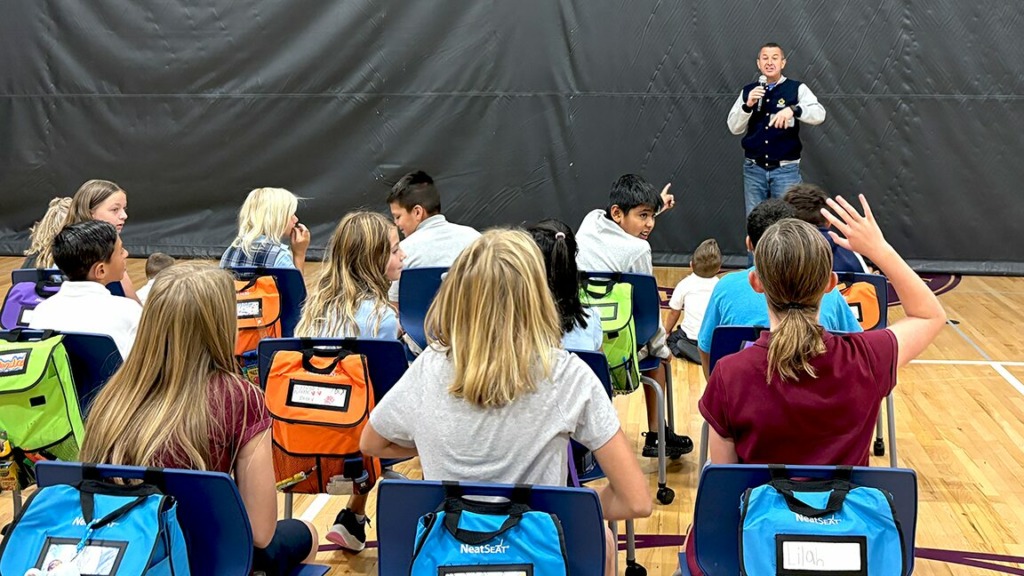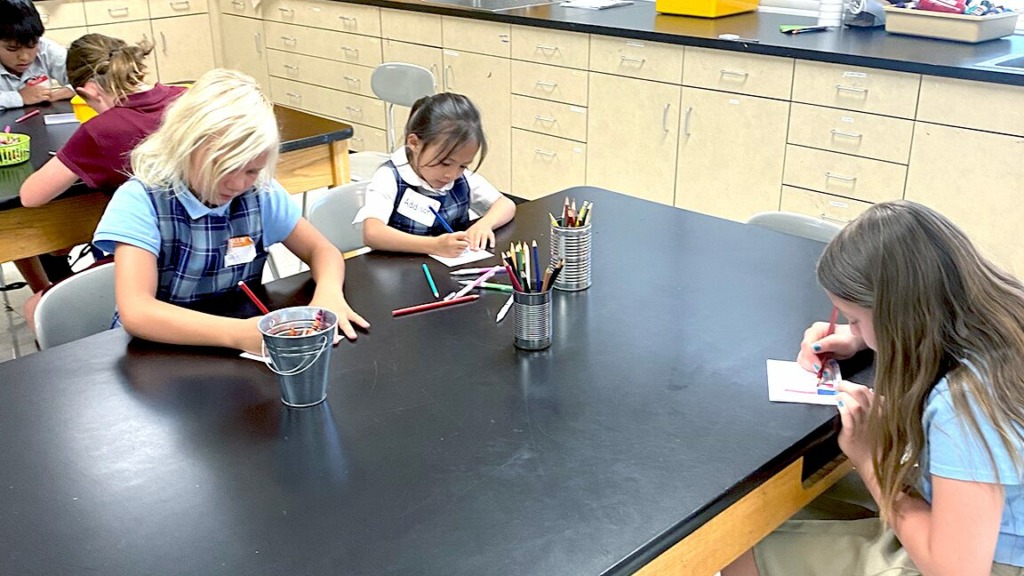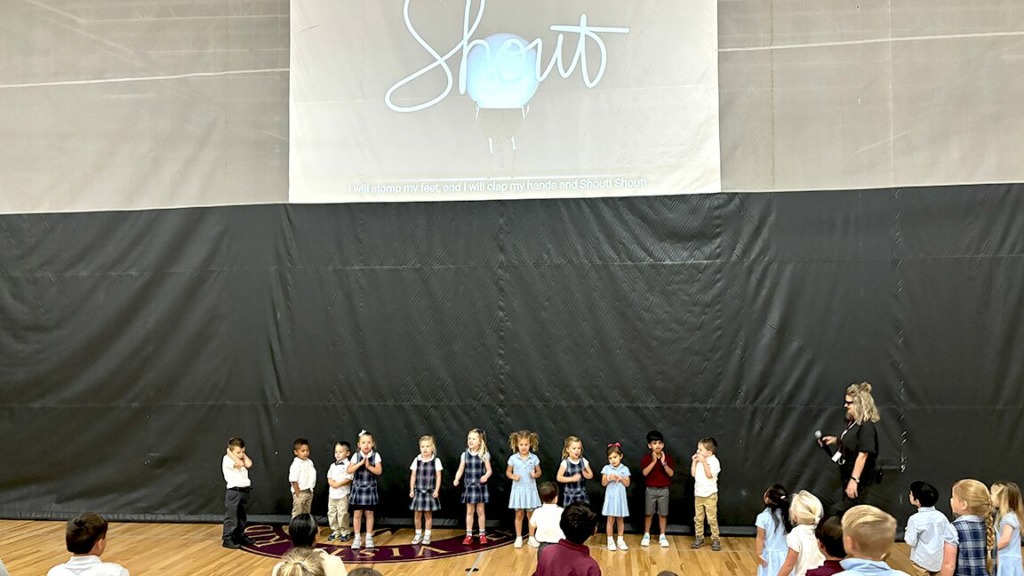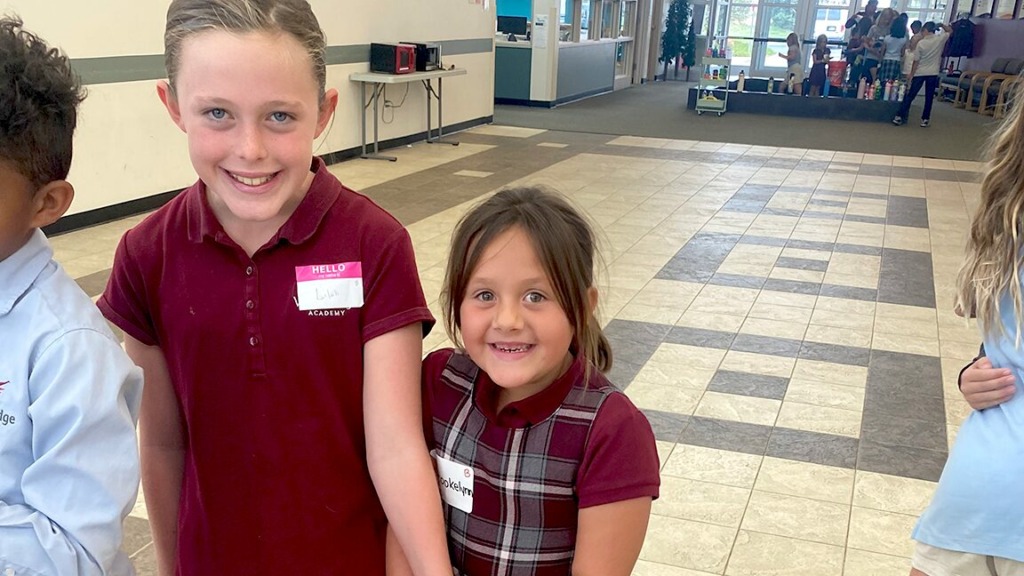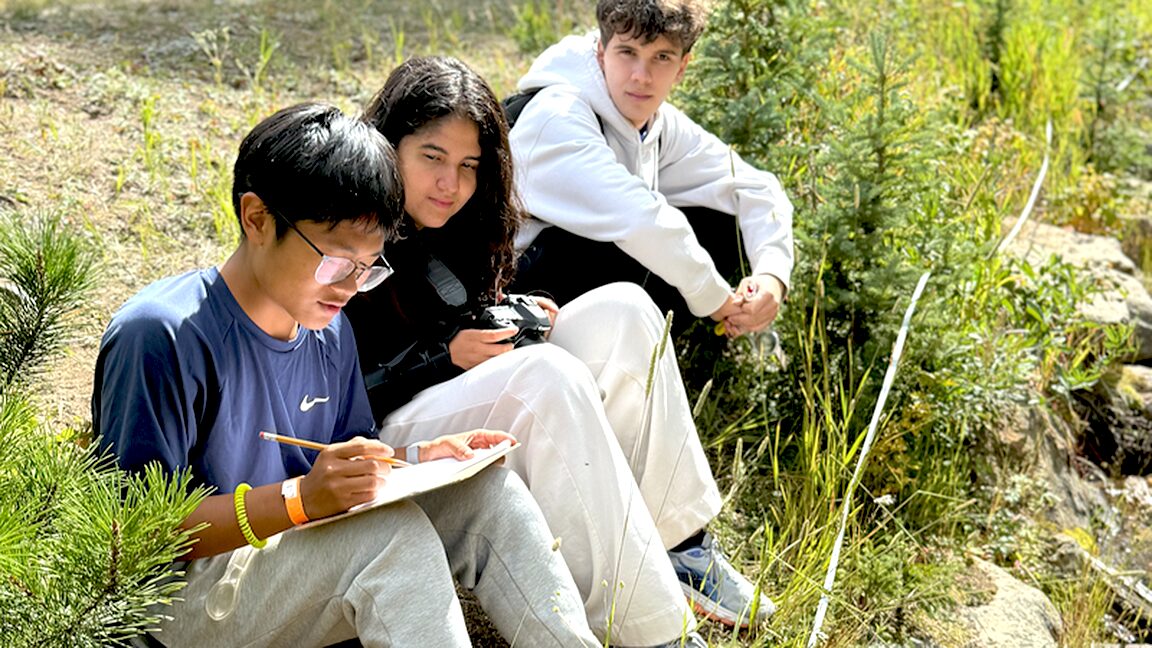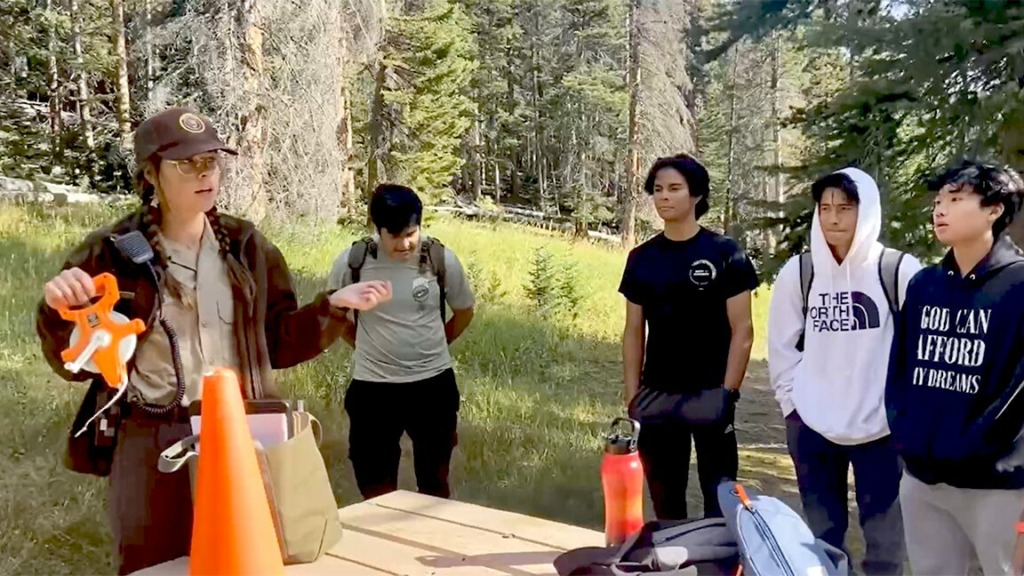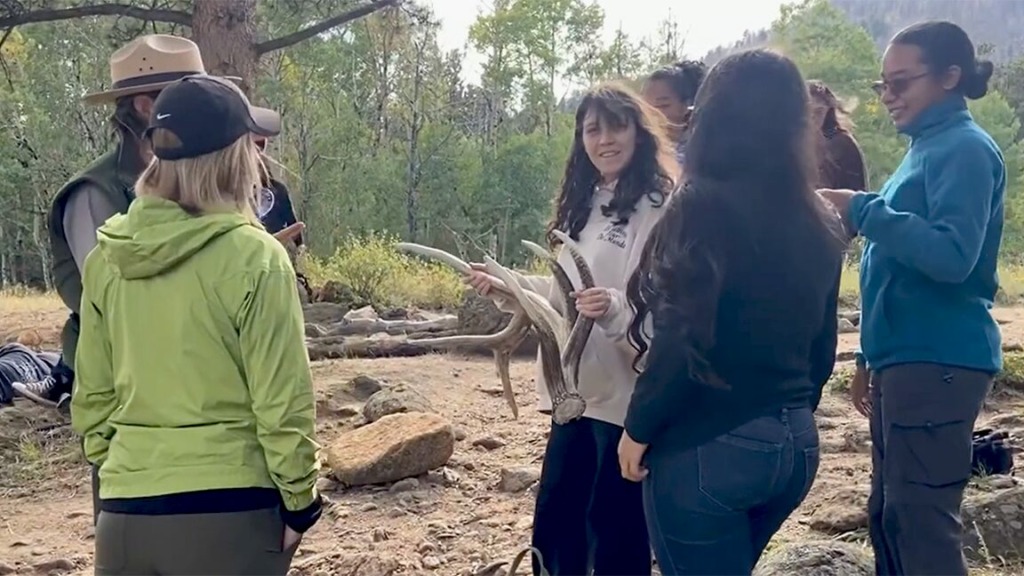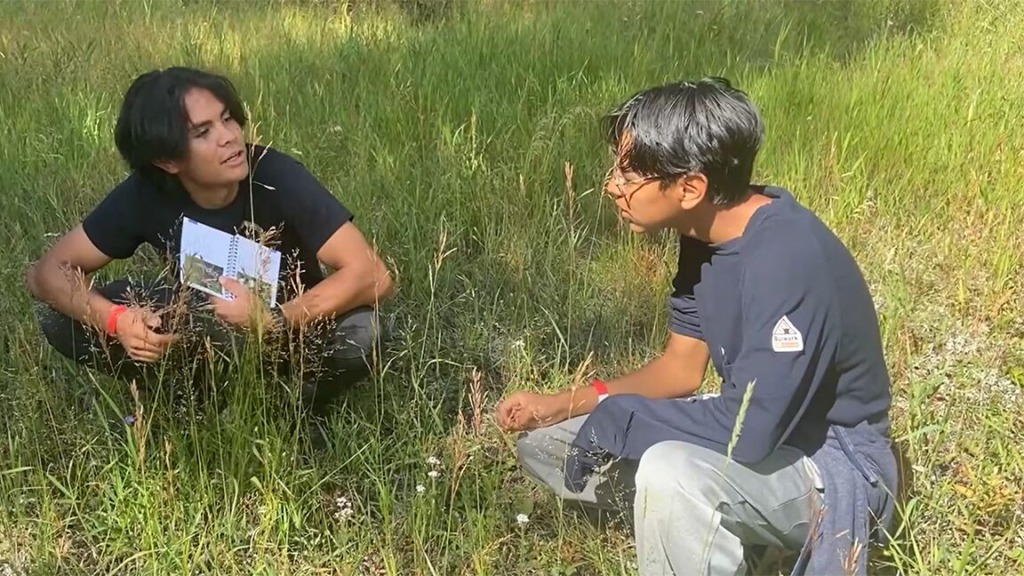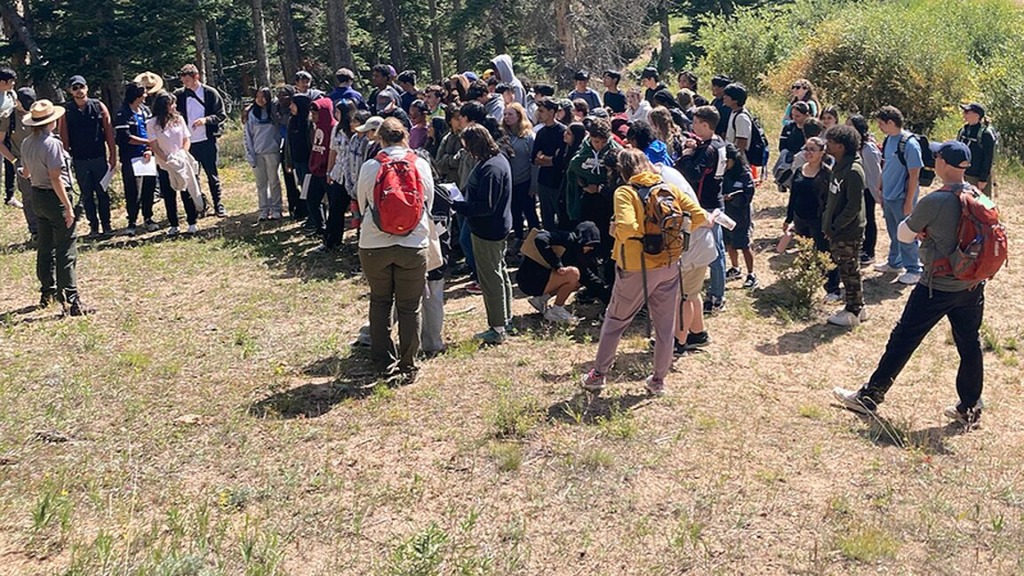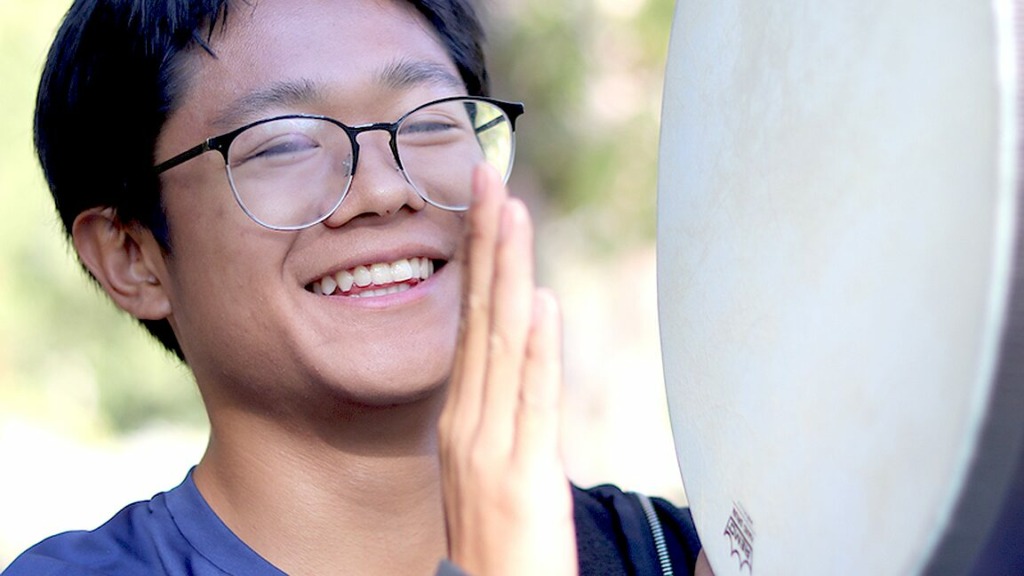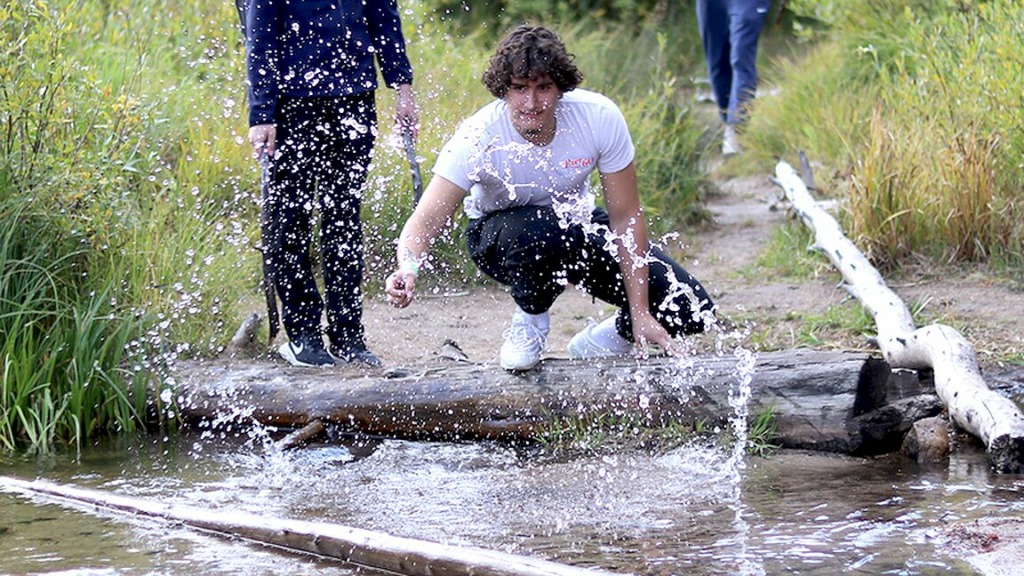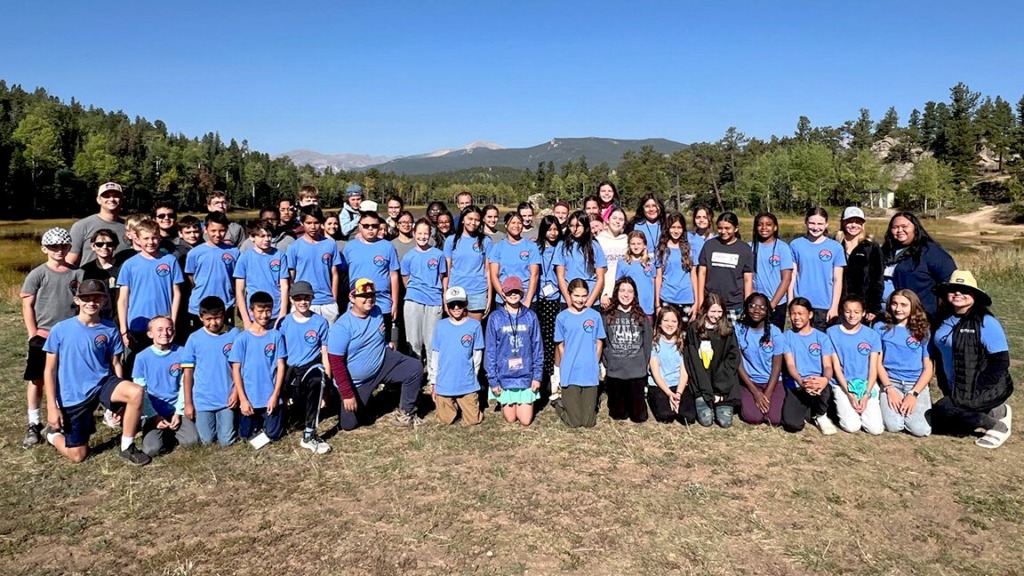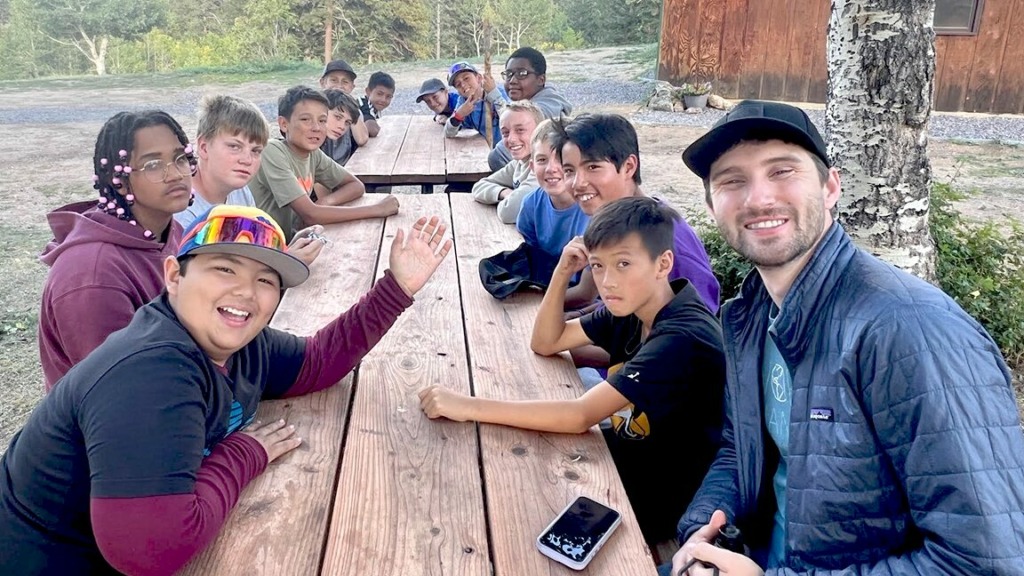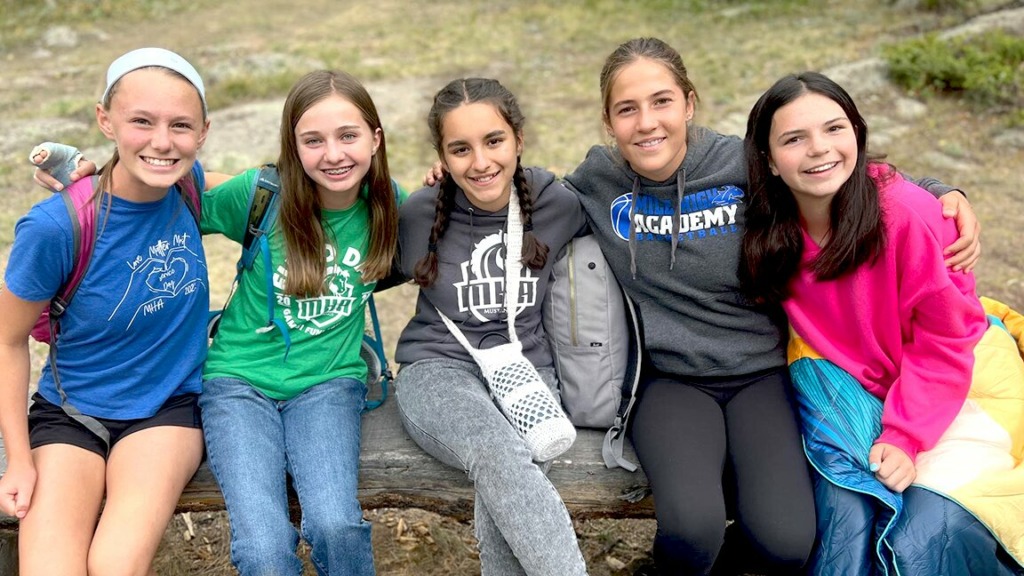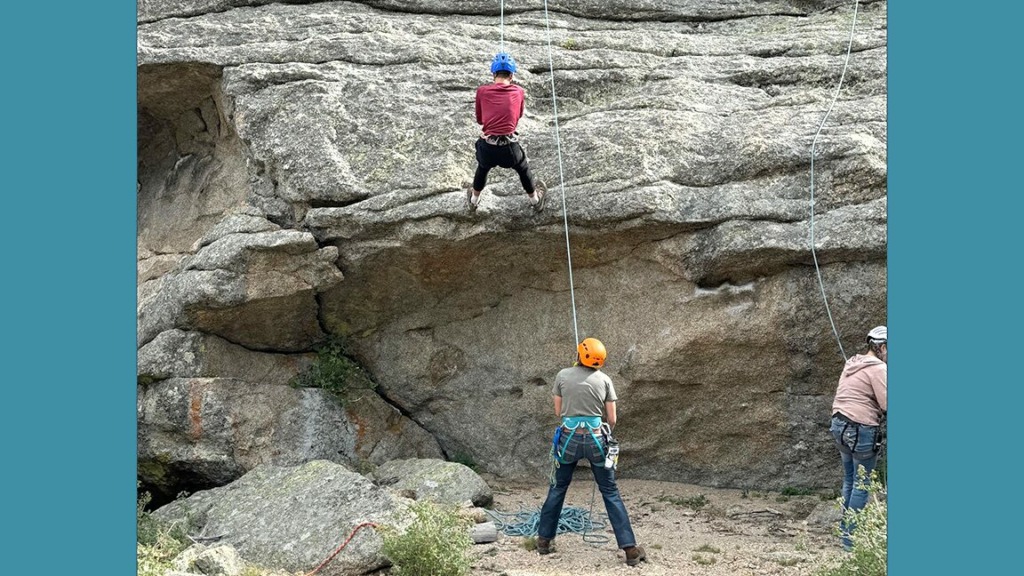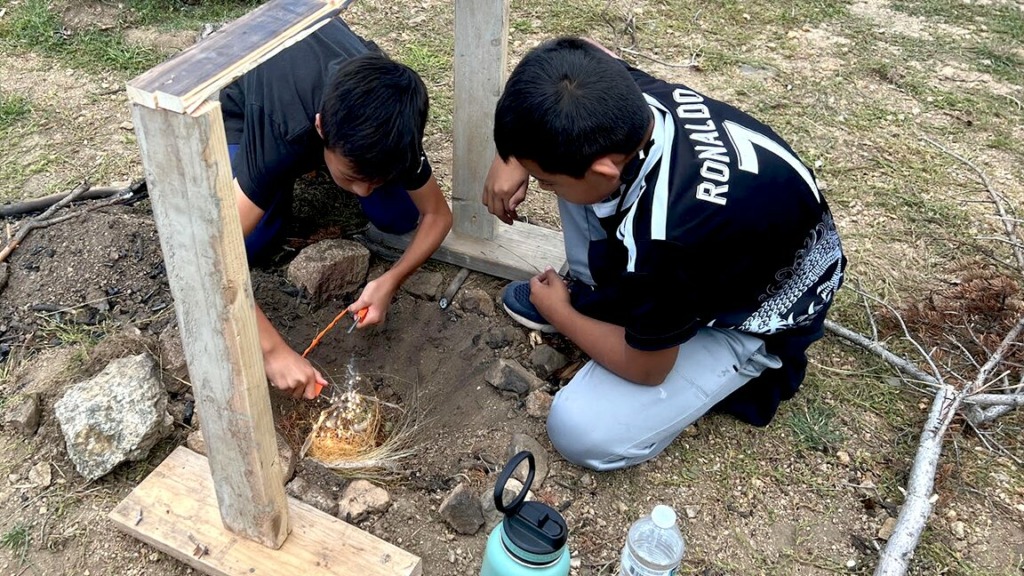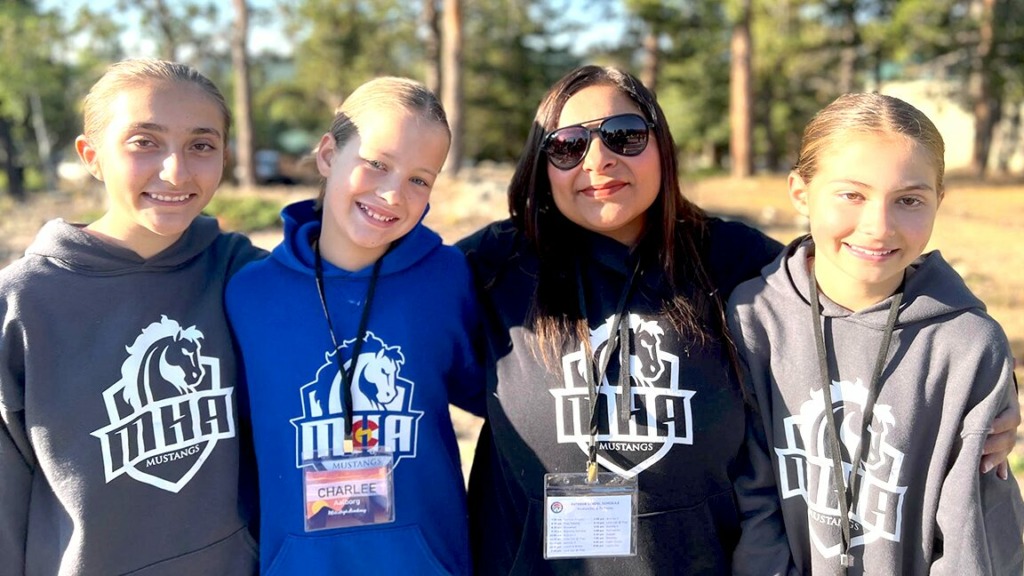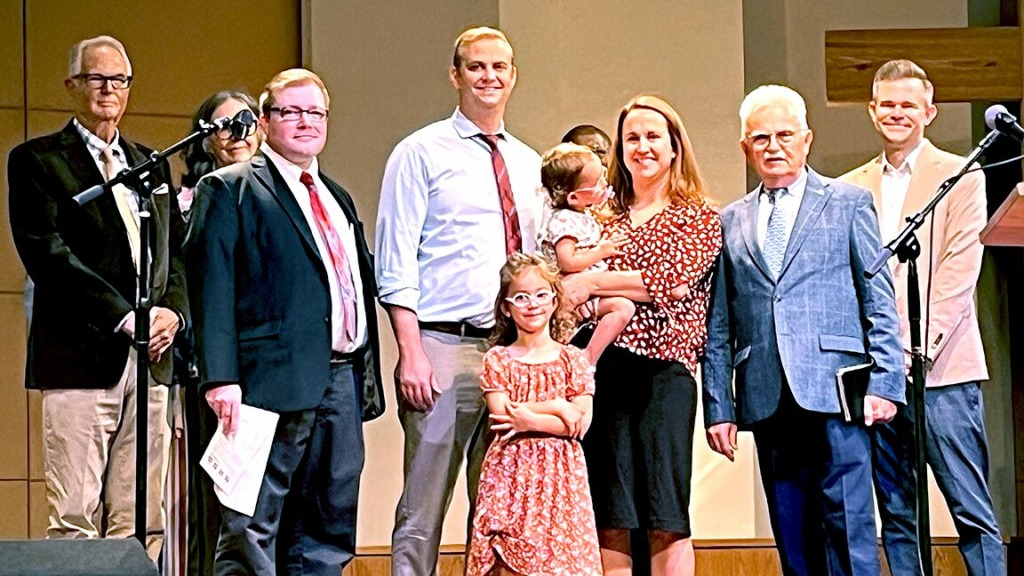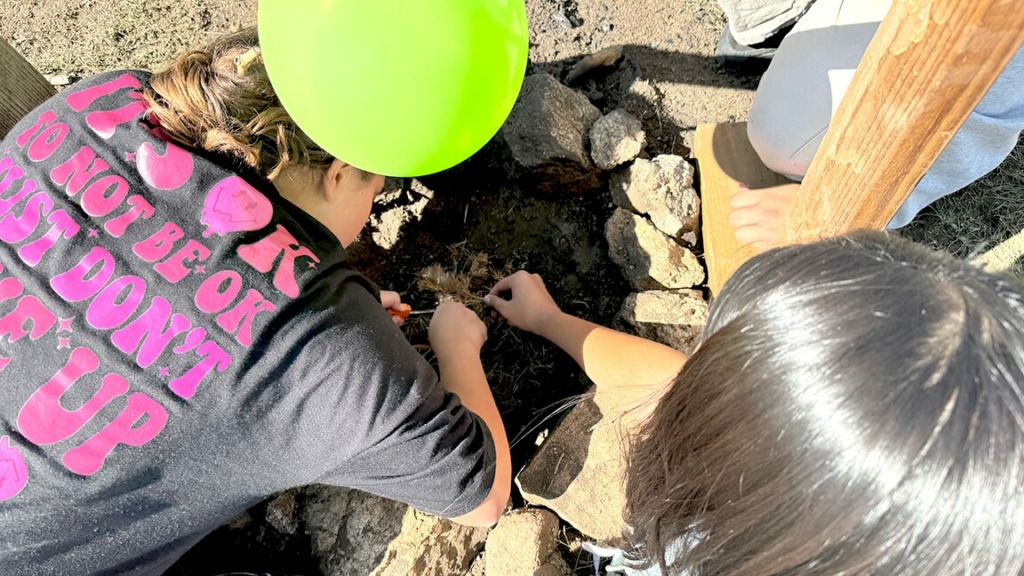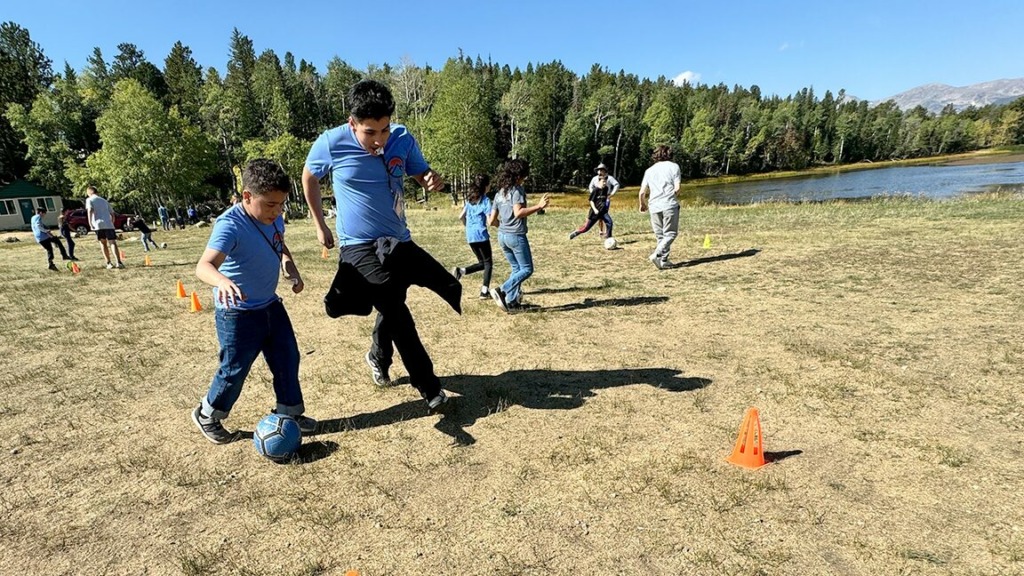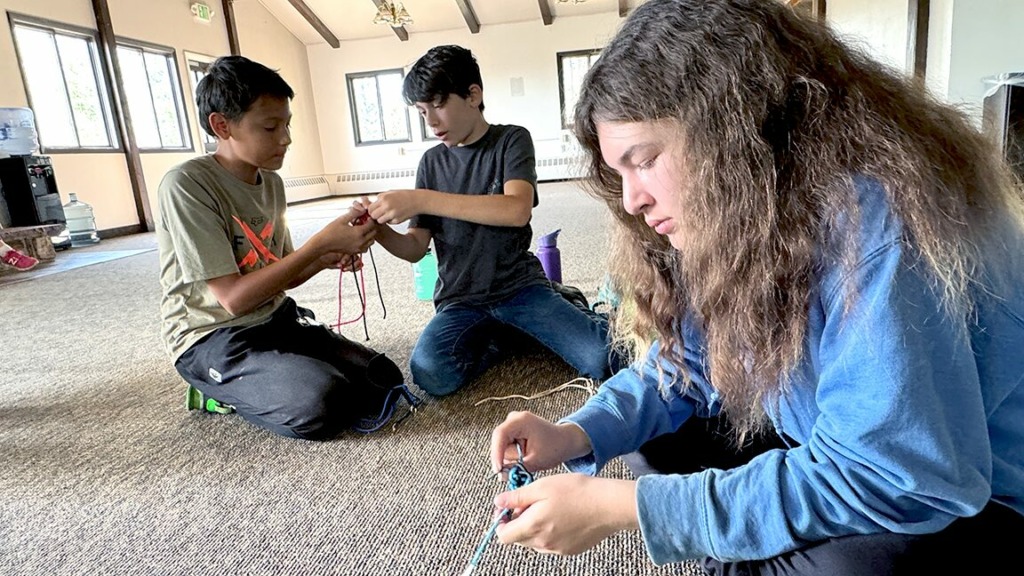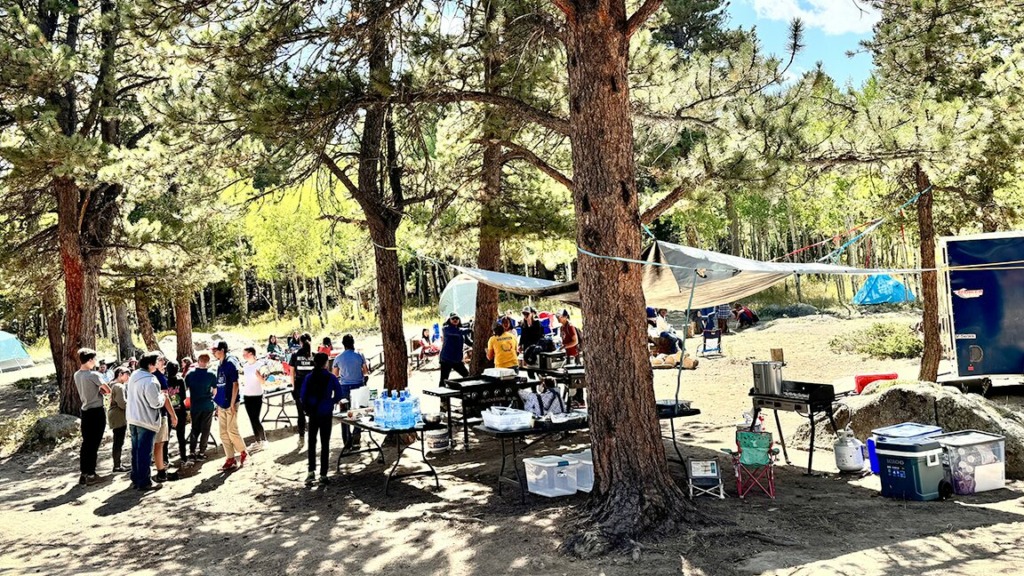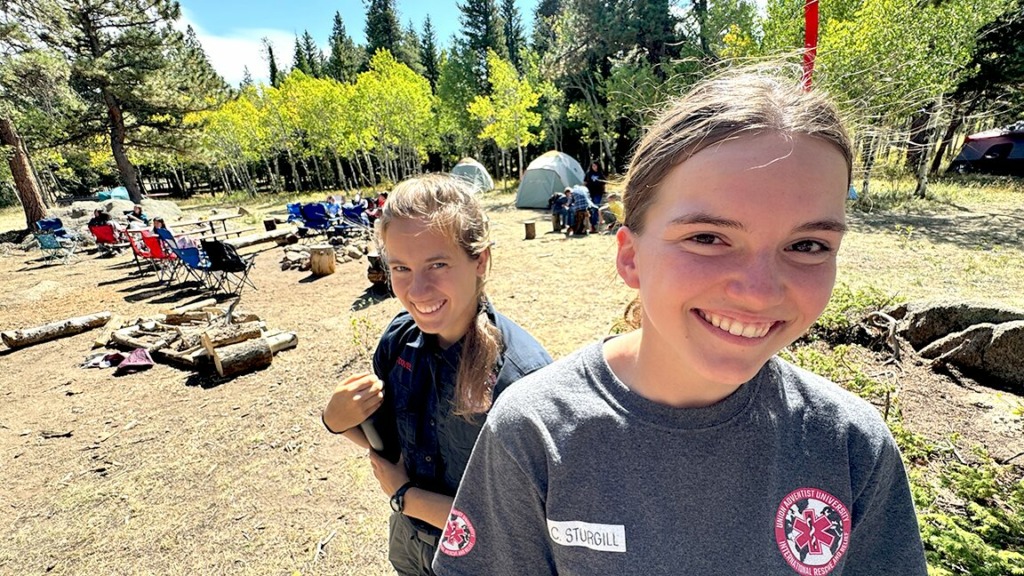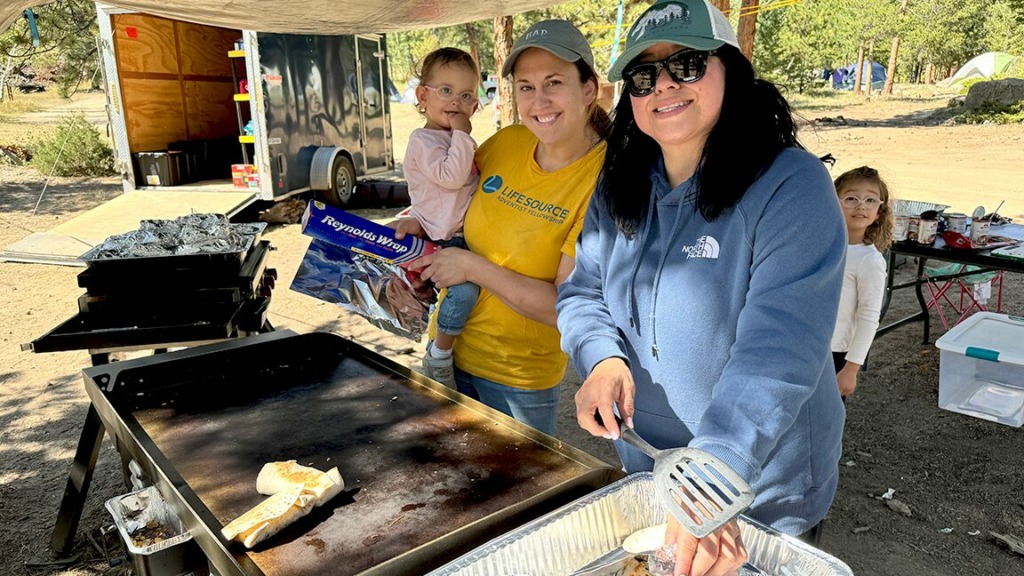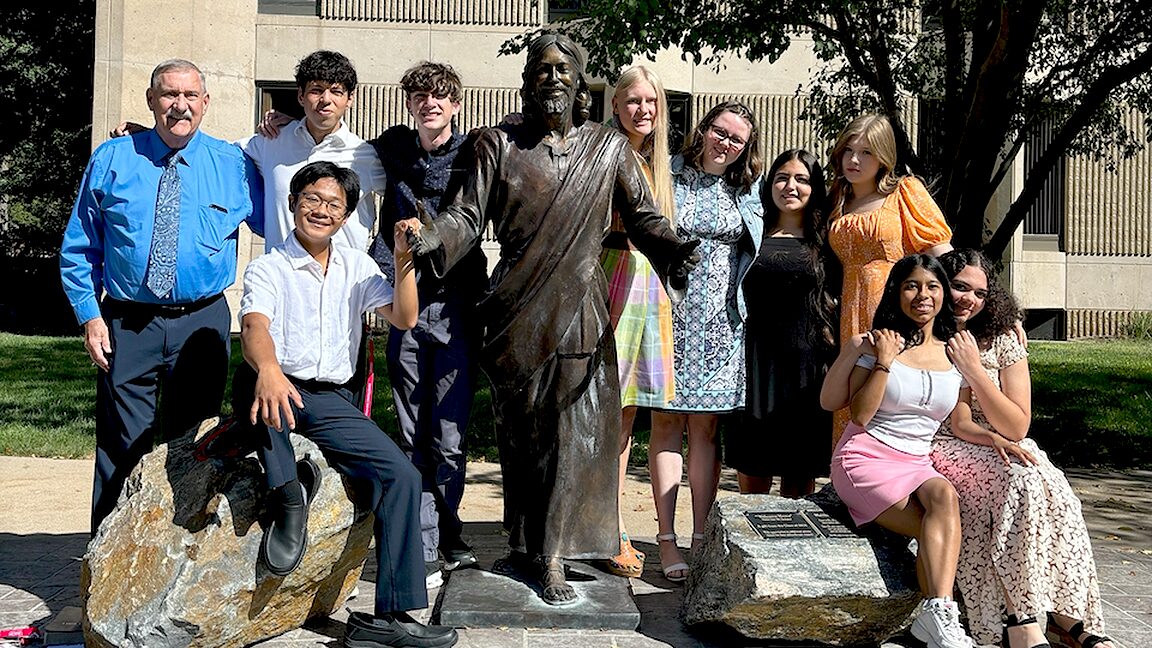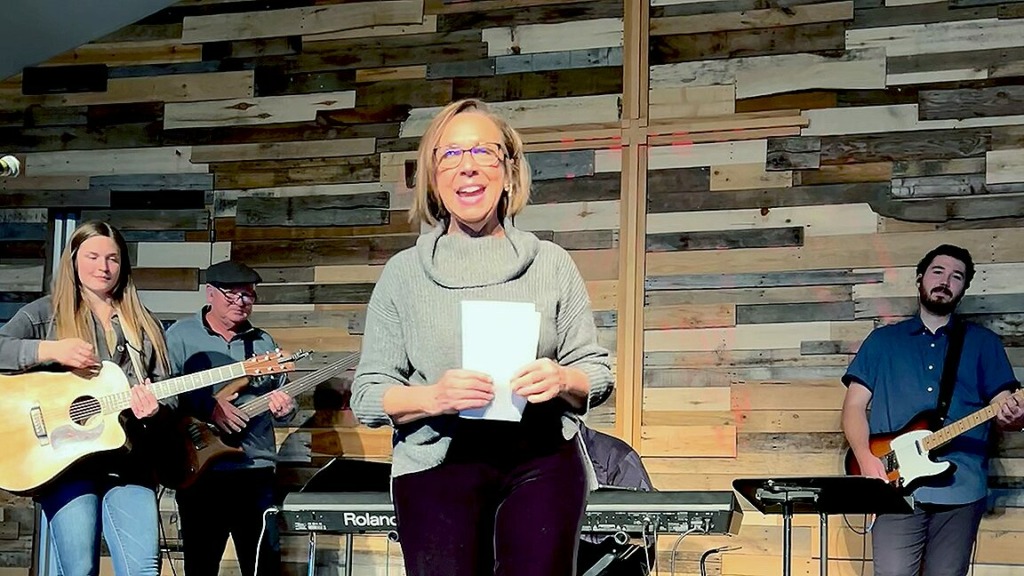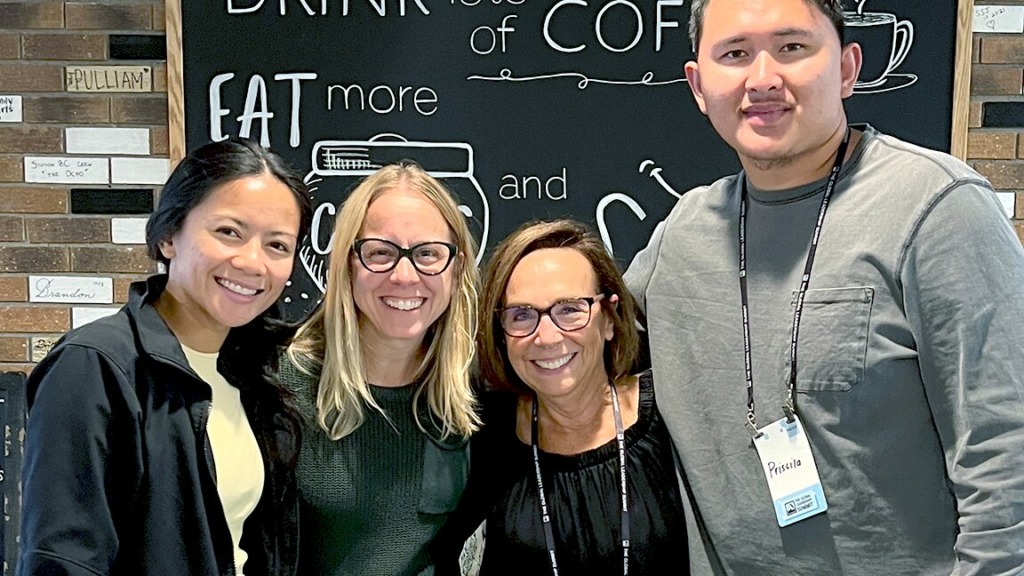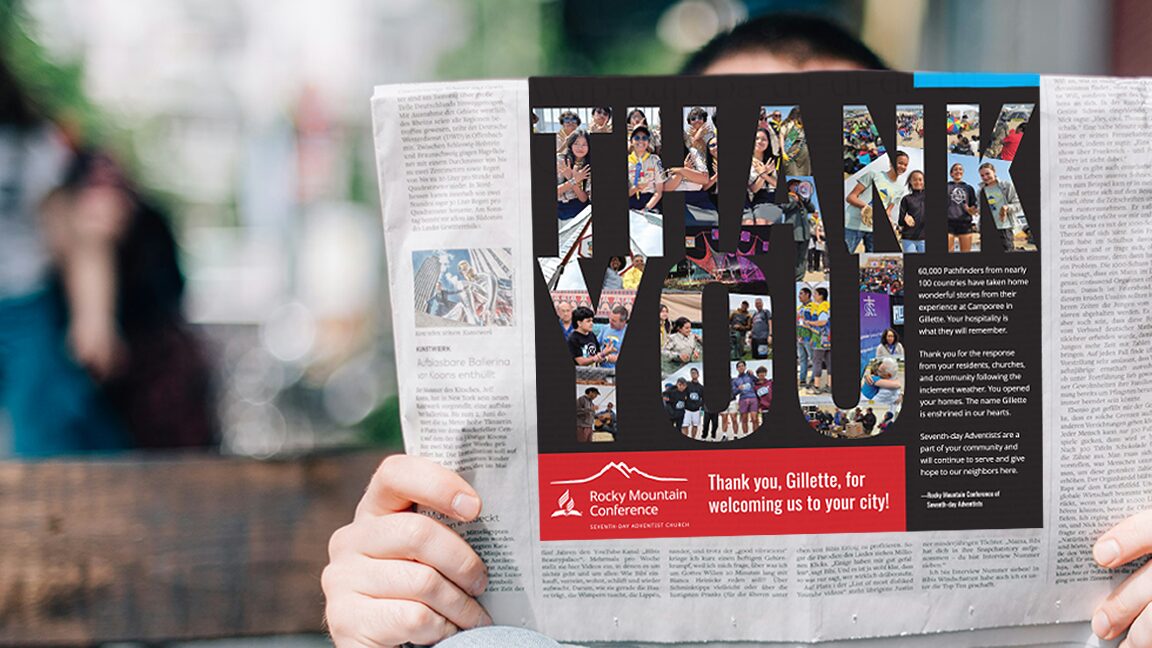RMCNews – Ward, Colorado … Glacier View Ranch (GVR) came alive once again as a learning site welcoming students and teachers to a Rocky Mountain retreat near Ward, Colorado, September 10-13. The ranch became a large school venue for grades five through eight represented by 157 students.
It was evident that the RMC Outdoor School was enjoyed by the students. In the words of the RMC superintendent of education, Diane Harris: “Oh, my goodness, they love it. They have been so excited and looking forward to it. And so that’s been the best part, is that we had seen students reach out to other students from different schools to say, ‘hey, are you coming to outdoor school this year?’ So that they could know that they would see their friends.”
“We could not do this without the support of the teachers that are willing to come in and teach classes. And then the parents who were volunteering to be chaperones,” she said.
“It was fun,” commented Alexa from Mile High Academy (MHA) in Highlands Ranch, Colorado. In an Orienteering class “you could find the directions we were going and walk in nature,” she shared.
Lilia, eight-grader from MHA, confirmed that the RMC Outdoor School offered “a lot of fun. It’s my first time coming here, but I enjoy it a lot. It’s fun to camp with a lot of people my age and all my friends. We just came back from building shelters, and that’s probably my favorite thing so far.”
For her, the experience was more than the activities: “I’m not really good at making friends, but it was really fun meeting new people. Actually, I have a lot of friends from different schools now, so I’m enjoying it a lot.”
Unlike the younger class students, who stayed at the main GVR camp in the cabins, the eighth-grade students tent-camped in Pathfinder Village. Marsha Bartulec, principal of Vista Ridge Academy in Erie, Colorado, explained that eight-grade students participated in activities, including rock climbing, first aide, GPS, blade safety, traps/hunting tools, shelter building, hiking, team building, and a service project.
Worship presentations by Brandon Westgate, RMC Youth director, for the grades five to seven showcased the theme “Summit Seekers: Step Up, Reach Out, Stand Firm” which dealt with humility and how Jesus and we reach out to people.
For the eighth-grade camp, Paul Negrete, RMC associate superintendent, shared valuable lessons for daily life. Marsha said, “The students learned in Biblical scenarios how the individual’s operating principle guided their decision-making. These operating principles guide our decisions in our life. The older we get, with more experience and understanding, we can conscientiously choose what operating principles we want to live by. The Holy Spirit can help us to process and understand what hidden operating principles are behind our decisions.”
A new feature of the RMC Outdoor School included support from the International Relief and Rescue (IRR) program at Union Adventist University (UAU) in Lincoln, Nebraska, where program students Calista Covel provided training with GPS/compass navigation, blade safety and carving, traps and hunting tools, and shelter building. Her training partner and fellow student, Christine Sturgill, gave instructions on blade safety and carving, first aid, hiking, and shelter building, and Allen Stafford, involved the students in rock climbing and fire building.
“It’s been so much fun,” said Christine Sturgill. “I think it’s been fairly easy to translate our skills into these classes, because, within our program, we do lots of hands-on activities. We’re out actually practicing these things all the time. So, we know what it looks like to be out in the woods and building a shelter. It’s not hard to be out here with the kids doing it,” she explained.
Among the chaperones at the RMC Outdoor School was Logan Earles, associate pastor from Littleton Seventh-day Adventist Church in Littleton, Colorado. “I’m enjoying this because it’s a good time to interact with kids that I don’t get to interact with often. It’s also fun because they’re learning skills that they wouldn’t learn in school. Like, right now, we’re watching them do fire making, and I don’t know how many of them have had a flint and steel in their hands before this. And now they have a fun opportunity to do that. So, it’s been fun,” he shared.
As you approached the Pathfinder Village, you smelled cooking. Cindy Roldan, registrar at MHA said, “We are cooking for outdoor school. [I am with] Heidi Carpenter, associate pastor at LifeSource Adventist Fellowship, and we love it. Well, we think we both heard the same thing from the kids: they’re enjoying it, they love to be out with the IRR program, and they’re really learning a lot of useful things to take back into their everyday life.”
Heidi shared, “One of the sponsors was walking away from our kitchen site yesterday and she said they’re learning so many valuable things. And she almost had a look of surprise on her face.” Completing the comment, Cindy said, “she’s a first-time teacher, and it was her first time here. And so, she wasn’t aware of everything that they would be learning.”
“And one thing that we’ve really been focusing on during worship time has been focusing on mental strength and emotional intelligence. Because, you know, when you’re in the outdoors and you’re learning how to do these different things, and when you’re just walking in life in high school with your friends, or in middle school, learning how to be emotionally intelligent is key,” Heidi commented.
The value of being in an outdoor setting brought an important lesson. In Cindy’s words: “I have heard no complaints about the lack of technology. So that’s huge. There’s no internet here, and so it’s very healthy for them. And we’ve been blessed that we haven’t had any complaints.”
—RMCNews with Marsha Bartulec, principal at Vista Ridge Academy. Photos by Rajmund Dabrowski.
